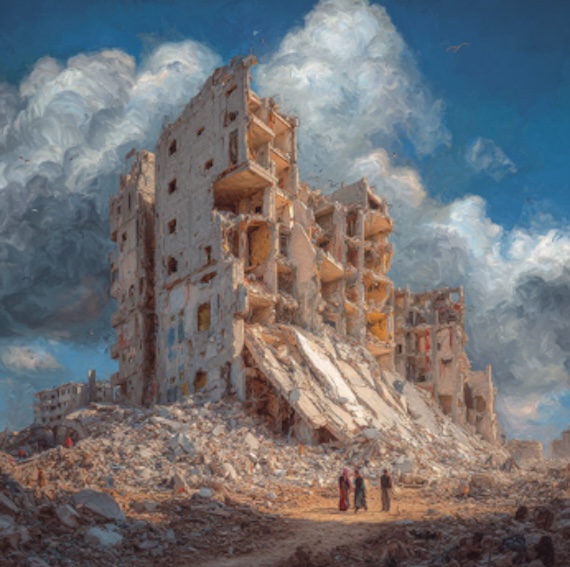The Dominican friar was a key actor in the ‘Zero Hunger’ program in Brazil

At 81 years old, Carlos Alberto Libânio Christo keeps writing. Better known as Frei Betto, a Dominican friar and one of the exponents of liberation theology in Brazil, he has authored an extensive list of books and articles.
In his 20s, he was arrested and tortured by the military dictatorship (1964–1985). This period became a theme of some of his books, such as “Blood Baptism” (“Batismo de Sangue,” 1983), where he shares what Friar Tito de Alencar Lima, his colleague and friend, went through in prison that led him to commit suicide a few years later.
Frei Betto was also an important actor in a key program during President Luiz Inácio Lula da Silva’s first term in office: Fome Zero (Zero Hunger). At the time, in 2003, within a population of 176 million people, Brazil had an estimated 50 million people facing hunger. More than that, it was a historical and rooted issue in the country, one that he follows now, as it is used as a weapon of war against the civilian population in Gaza.
In 2014, he was one of the writers and intellectuals who signed a manifesto asking to stop the massacre in Gaza. Last year, a decade later, he wrote that it was hard to name what Israel was doing in the region, and the complicity of Western and Arab countries. “If the 20th century had as a mark the before and after Auschwitz, this beginning of the 21st century will have the before and after Gaza.” This is one of the issues he discusses with Global Voices in the following interview:
Global Voices (GV): You were an important actor on “Zero Hunger” (“Fome Zero”), a program created during Lula da Silva’s first term, focusing on eradicating the historical problem of hunger in Brazil. In an article you published soon after the program’s launch, you wrote: ‘Hunger is yesterday,’ said Gabriela Mistral. ‘And it cannot wait,’ added Betinho.” What do these sentences mean to someone who works with this reality?
GV: Last July, over 100 international organizations reported the famine scenario in Gaza. Pictures of malnourished people in Palestine illustrated front pages worldwide. How do you see this issue in this context?
GV: In an article published last year, you called what happens in Gaza a genocide, saying: “If the 20th century had as its mark before and after Auschwitz, this beginning of the 21st century will have before and after Gaza.” There is still resistance in naming it a genocide from some outlets and governments; on the other hand, there are people claiming this as the most documented genocide in History. Why do you consider it as such?
GV: What do you think might happen in this “after Gaza?”
GV: What are the paths to the end of the war at this moment?
GV: This year marks the 40th anniversary of your most well-known book internationally, “Fidel and religion” (1985), in which you interviewed the then-Cuban president, Fidel Castro. Your conversation led to changes in the Communist Party statute and the Cuban Constitution. How do you see this relationship between religion and politics in Brazil today?
GV: As someone who wrote about it and followed the political context in Cuba, how do you evaluate the US tariff war by Donald Trump against Brazil, and the stance taken by Lula’s government?
GV: During the military dictatorship in Brazil, you were arrested, submitted to torture and witnessed the same with people close to you. How does it feel when someone says 2025 Brazil is a dictatorship and that there is no free speech?
GV: A criticism made in Brazil is that, compared to the post-dictatorship period of other neighbors, such as Argentina and Uruguay, there was a lack of transitional justice and policies of memory. How do you see this matter? Is there a direct consequence of the ascension of the far-right and the new coup attempt in 2023?
GV: What is the urgent matter for Brazil in 2025?



 © 2026 All Rights Reserved
© 2026 All Rights Reserved